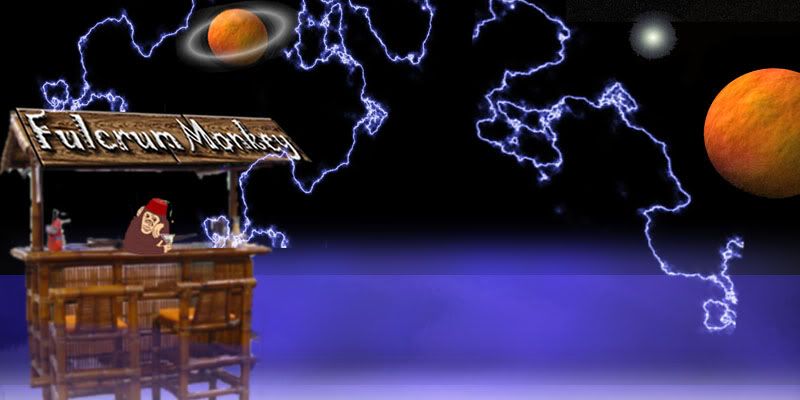Jes, “Are you writing one of those long blogs that no one will read because it’s not broken up into digestible bits?”
Karl, “Yes, it gets especially sketchy near the end, but it doesn’t matter because no one will get that far.”
Blonk, blonk, blonk. I am feeling very blonked, though I am not sure exactly what that means. It’s Sunday and I am procrastinating the work of the work week that follows me around all weekend, every weekend, and never seems to get done because there is always more at the end than when I started.
I did read the forty pages in One Hundred Years of Solitude this morning that I assigned to my A.P. kids on Friday – but that’s not work, that’s pleasure. I am working right now if you consider the fact that I am musing on how to present and contextualize those first forty pages. I’m wondering if the book isn’t perhaps too challenging even for the A.P. kids. It’s tricky to know just how high to set the bar with these students and Marquez is a high pitch in any strike zone. That’s something about teaching that frequently bugs/appeals to teachers – you’re always at work crafting and re-crafting your approach; you are never not at work.
Baby E awoke at five, or four depending on your interpretation of daylight savings implementation, so he and I watched PBS and tinkered with the guest room electronics (I bought a VCR for ten bucks at an estate sale yesterday to use as a makeshift cable box for the upstairs TV) until the stores were open so we could do a Lowe’s, Schnucks, Starbucks run. Mom needed to sleep until noon and I needed coffee to function, some sour cream for Brad’s St. Pat’s/birthday party later, and some picture wire to hang a fine art print we won in a silent auction last night; we’d been wanting something to hang over the fireplace and were resisting the conventional mirror.
A potential relation through marriage on the Illinois side of Jes’ family (her step mother’s stepsister’s future daughter-in-law’s kid sister) has a recurring cancer that spreads tumors throughout her body and she is radically underinsured. We went to a fundraiser for her at Polish Hall in Madison, Illinois – a hard place to find even with a Google Map. She’s a sweet kid and was able to participate by picking numbers for the winners of several 50/50 pots and other door prizes.
There was a band, beer, fried chicken aplenty and in our group we all won the items that we bid on. Jes got the print, I got a magazine rack with a stuffed monkey in it (you can imagine my interest – a home for the New Yorker and a monkey!), Sue bought the glasswork that Jes had donated for the auction (I think it matched a piece she already has), Kris got an Italian dinner gift basket that we were going to bid on until he warned us off, and a good time was had by all. I hope they raised a lot of money; but, given what we all know about healthcare, I’m sure it was just a proverbial drop in the bucket.
Jes' Illinois family is a lot like my extended tribe in Wisconsin – our Wisconsin Tissue Mill is their Granite City Steel. The union, the bars, the odd shift rotations, retooling the multigenerational homesteads, a complex dating scene (I understate), tattoos, trucks, and motorcycles all form a world that is equally comforting and alien to me.
I started work in a kitchen at fourteen because it was a cultural value to do so. Despite the fact that my father was a professor, education was always placed below “honest” physical work in a hierarchy of values. Via Luther’s discourses on the perils of “madam reason”, my father has an active disdain for enlightenment thinking as the enemy of religious faith – this from a man who is fluent in Latin and Greek; it’s a reasonable paradox (pun intended).
So, I still find it odd not to have a more physical job outside of my intellectual one, as balancing the two was the art of my life from fourteen to twenty-eight. I still take the occasional bar tending job to reconnect with what I really think of as work. I also feel guilty, as though my pretense to intellectual labor is built on a sinkhole that could open at any minute.
For my family, literature and philosophy is not as evident in value as an engineering degree would have been. As I struggle to make my disciplines relevant to my students, I at times touch the place where I struggle with their value to myself – beyond an analytical or communicative skill set for the hypothetical workplace - in teaching the appreciation of a novel, a fine art print, a piece of classical music or jazz, aren’t I simply dabbling in cross class aesthetics that confuse the hobbies of the upper with the “morality” of the middle, and the (at times) worthy disdain of the lower? Well, the Buddha went for the middle path, so why not the rest of us.




0 Comments:
Post a Comment
<< Home